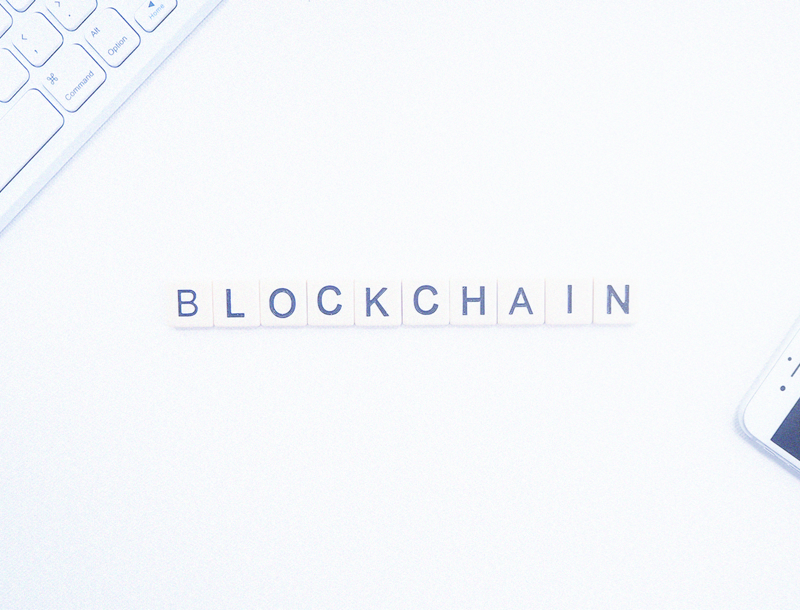Not long ago, the only people who needed to concern themselves with blockchain were those who were immersed in cryptocurrency. Now, blockchain has emerged as a transformative technology. Whether your business chooses to make use of blockchain or not, there is a good chance that you will use this technology in your transactions with other companies.
You should understand the basics of blockchain at a bare minimum. That is why we are providing you with this basic primer on blockchain.
What is a Blockchain
A blockchain is a database of information. However, unlike other databases, information stored on a blockchain is not centralized. Instead, every block is connected to the previous block with a timestamp and a hash.
The information stored on the blockchain is publicly available. However, blockchain data can only be edited by the people who own it. Ownership is determined by the possession of private keys associated with a particular blockchain record.
What is The Origin of Blockchain
Satashi Nakamoto first introduced the concept of a supply chain in 2008. Then, in 2009 it was used in a production case when Bitcoin was introduced. To this day block chain is still used as the digital ledger to record Bitcoin transactions. Because it used blockchain, Bitcoin transactions were not subject to the risk of double-spending. This was a true proving ground for the usefulness of blockchain.
Blockchain Security
Blockchain security is the result of a combination of a peer-to-peer network and distributed server that time stamps the transactions. This creates a decentralized database that isn't managed by any central authority. In addition to being used to record cryptocurrency transactions, blockchain is ideal for recording other events and transactions. Blockchain is currently being used and several industries including financial, healthcare, and e-commerce.
The Inner Workings of Blockchain
If you think about it, the internet is simply a collection of information created from a variety of different sources that can be accessed from any location around the world. Blockchain works similarly, but rather than storing and distributing information, it is transactions that are stored and distributed.
Likewise, information on the internet can only be changed by the people that have all that information. Blockchain data can only be changed by people that own it and can prove ownership with a private key.
If you want to engage in a blockchain transaction with somebody you'll need their publicly available key. Then, with your private key and their public key you can create a transaction that takes the value of whatever is in the blockchain that you own and transfers ownership of that to them.
With Bitcoin, you are transferring ownership of the digital currency. Blockchain serves as the ledger that records that transaction. In other cases, you might use blockchain to transfer ownership of other digital assets.
Blockchain also provides assurance that records are secure and leaves no doubt as to ownership. Blockchain records cannot be changed by people who don't have the proper keys. Any changes are verified, and those that cannot be verified are rejected. The end result is that blockchain can accomplish what a centralized authority such as a bank can faster, and with greater accuracy.
What are Smart Contracts
A smart contract is a contract that runs on blockchain and executes immediately upon the conditions of that contract being met. This eliminates the need for any middlemen or other intermediaries.
Here’s how it might work. Imagine that you own a car dealership. You start a bonus program for your sales staff. Salespeople who close five or more automotive deals in a month will receive a bonus. In this case, a smart contract could be created that would automate moving that bonus payment into a digital wallet for each salesperson as they met their goal.
Uses for Blockchain
Blockchain is currently being used in many industries. It has the potential to be used in many more. These industries include:
Healthcare
there are several applications for blockchain in the healthcare industry. It can be used to verify and manage healthcare records and access to those records. This is potentially very useful as telemedicine grows in popularity. Smart contracts can be implemented in order to manage agreements between hospitals, and various specialists and medical groups.
Shipping and logistics
Supply chain management is always complex, even more so when it involves international commerce. Blockchain technology could be used to maintain and verify shipping records. Stakeholders would be assured that the cargo was always exactly where it was supposed to be.
Banking and finance
Here, watching to be used for validating employment and credit records, automating loan payments, and keeping and verifying financial records. Blockchain can also play a significant role in providing financial Services to currently unbanked customers.it is also used in many alternative financial solutions such as peer-to-peer lending.
Here are some specific examples of businesses and various industries are using blockchain currently, or actively considering it for future use.
- Spotify
Recently Spotify purchased blockchain startup media chain labs. They did this with the intention of using blockchain to help manage licensing agreements with artists that appear on their platform.
- Loyyal
This company uses blockchain and smart contracts to manage rewards programs. The platform can be used to create loyalty and rewards programs with prizes from multiple brands.
- Gem
This is a blockchain-based healthcare solution. It uses the security and data validation properties of blockchain technology to give customers more control over their health records.
- Ubiquity
This Software as a Service (SAAS) uses Blockchain technology to maintain property records. This ensures people participating in real estate transactions that property ownership records are accurate and verifiable.
Final Thoughts
Now that you know the basics of blockchain, and have seen some use cases for it, are you ready to implement this technology in your own business?

